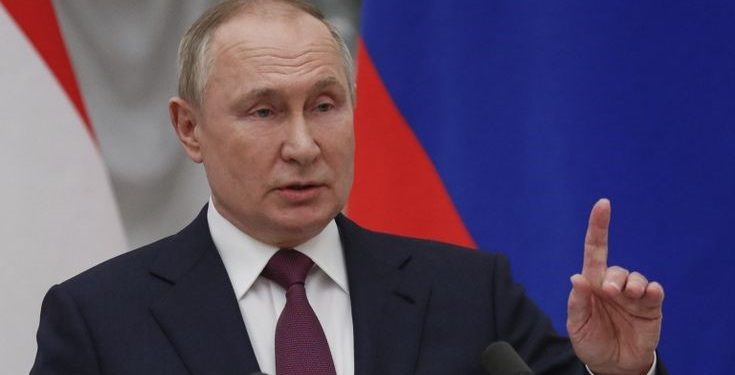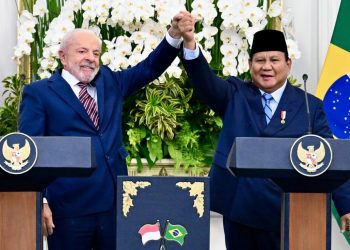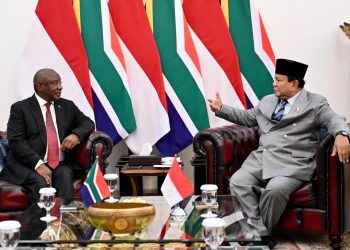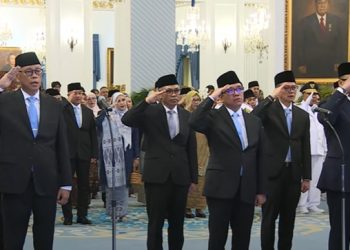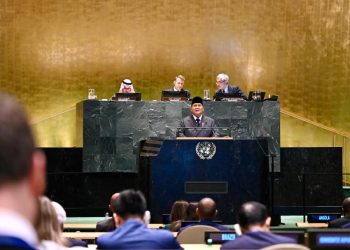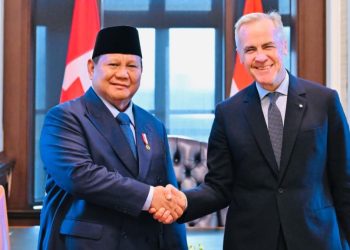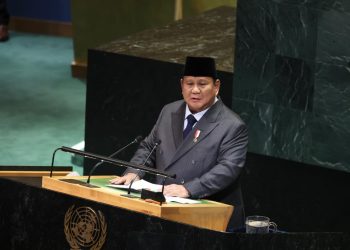Jakarta, Indonesia Sentinel — Russian President Vladimir Putin signed a new law on Saturday, December 28, imposing stricter requirements for migrant children to enroll in Russian schools. The legislation, set to take effect in April 2025, mandates that foreign citizens, including migrants, must present valid residency documentation and demonstrate proficiency in the Russian language.
According to Interfax, the new law states that foreign citizens can only enroll in primary, basic, or secondary education programs if they could provide documentation confirming their legal residency in the Russian Federation.
Additionally, admission to education programs also requires passing on a Russian language test to confirm fluency in the Russian language sufficient for the respective educational programs.
“Individuals who fail to demonstrate sufficient Russian language proficiency for primary, basic, and secondary education will not be admitted to these programs,” the law states.
The Ministry of Education will oversee the testing process, while the Federal Service for the Supervision of Education and Science will provide methodological support, develop testing materials, and set minimum passing scores.
The Russian government assured that the language exams will be offered free of charge at state and municipal schools. However, students who fail will be barred from enrolling.
Law Controversy
The new signed law is believed as a part of a broader push to tighten migration policies in Russia. According to BBC News Russian, Russia’s parliament unanimously approved the measure on December 11, reflecting growing concerns over the integration of migrant children into the education system.
Migrant workers, predominantly from Central Asian countries, are a common presence across Russia, from Moscow to Vladivostok. The new restrictions are widely seen as targeting this demographic.
Human rights lawyer Valentina Chupik, argue the legislation violates the Russian constitution, which guarantees education for every child regardless of nationality, language, or origin.
State Duma spokesperson Vyacheslav Volodin cited government statistics, revealing that over 200,000 migrant children attended Russian schools last year among a total of 18 million students. “Teachers often report difficulties in teaching and communication due to language barriers,” Volodin said, as reported by Interfax.
Suku Mante, Mysterious Tribe Living in the Vast Forests of Aceh
However, a survey by the newspaper Vedomosti published in August shows different views regarding language issues on migrants in Russia. Among 2,000 teachers surveyed across Russia, just over half believed migrant children struggled with Russian, while 42% disagreed. Despite language challenges, 80% of teachers reported no behavioral issues among migrant students, and 70% said they did not face difficulties interacting with peers.
While the new law signed by President Putin’s were part of a series of regulatory changes set to reshape the lives of migrant workers in Russia, the implementations set to effect on April next year has sparks debate over the impact of the law on migrants children’s future across Russia.
(Raidi/Agung)


